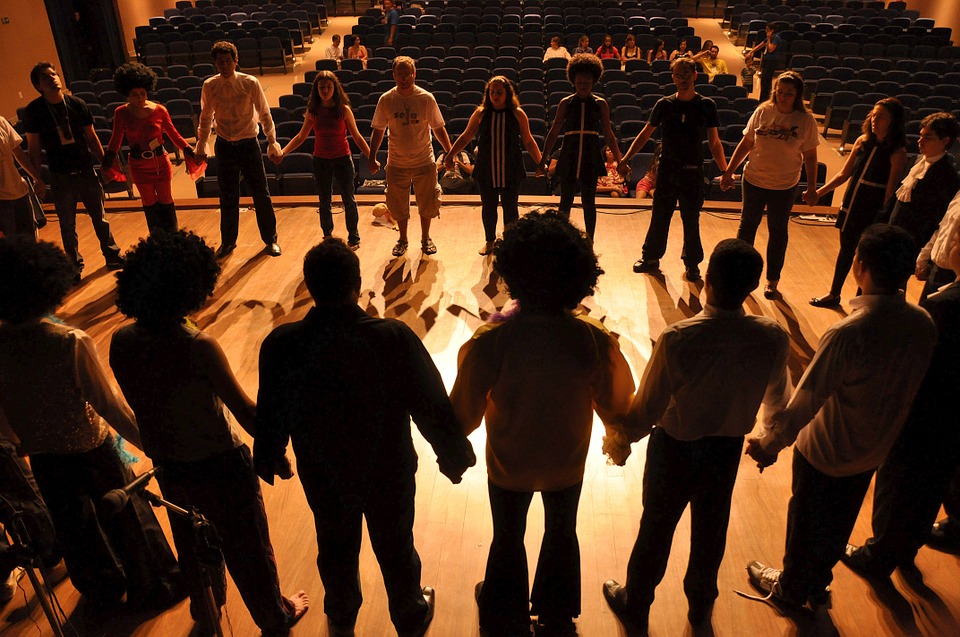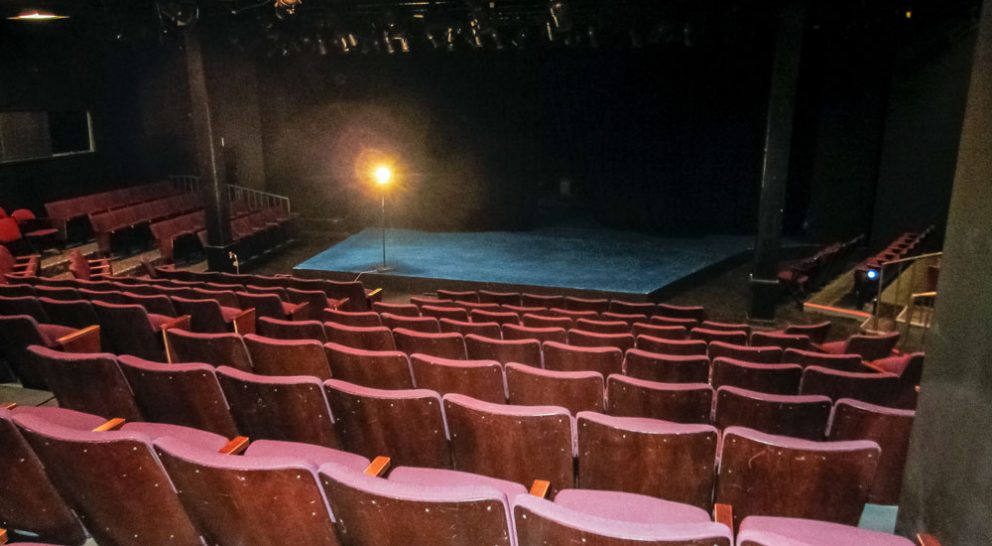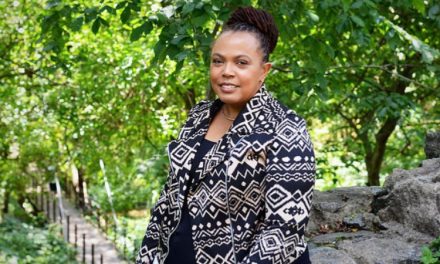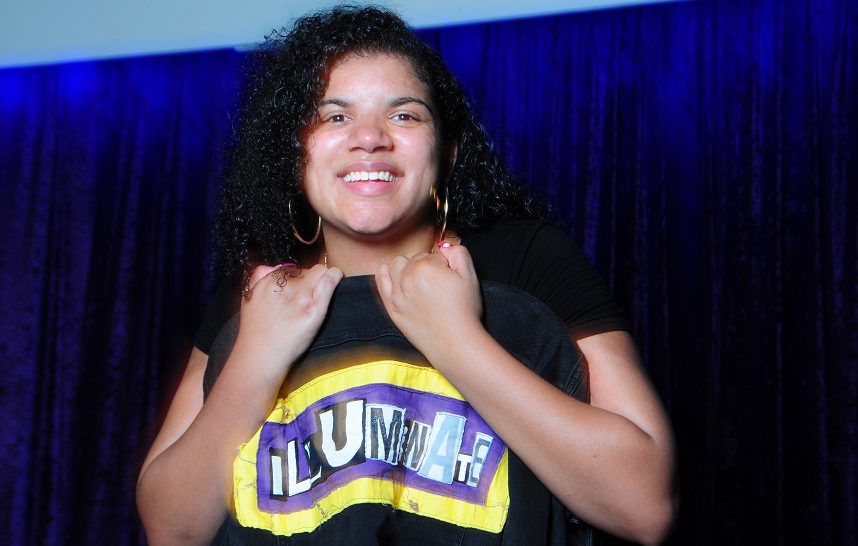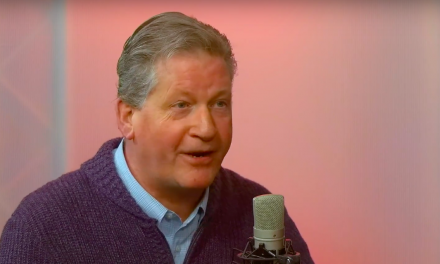Fair warning to anyone who attends theater with me: If there’s an announcement or a scheduled discussion with the cast, creators or anyone speaking about today’s production, we’re staying. I used to go through the back and forth in my head: Do I want to stay? How long are they going to take? Is there anything I need to ask?
I’ve silenced those voices in the past few years and now the answer is always “yes.”
I love Q&A’s so much that I wish every show did them. It’s added value. It’s a buy-one get-one-free deal. Who would say “no” to the dessert that comes with your entrée? I would certainly prefer a post-show discussion to a curtain speech any day of the week.
You got up off your duff, bought tickets and traveled who knows how far to get to tonight’s show. Don’t you want to make an evening of it? It wouldn’t be theater without an audience. That would be a rehearsal.
Don’t you want to know what others thought of what you just experienced together? Was there a moment when you were the only one laughing or when the rest of the audience was howling and you couldn’t figure out why?
Whether you loved, hated or didn’t care much one way or another, don’t you want to know why the playwright chose this topic and presented it in this manner? Why the theater scheduled it and why your fellow audience members chose to attend? Do others feel the same as you? How do responses differ?
You learn many of these things at a Q&A. You deepen your experience and enhance one of the unique aspects of theater: the communal bond.
Often you will learn the nitty-gritty of how a show is put on: how the prop team made elegant wall sconces out of refrigeration coil or added a dance to the scene transition to cover a costume change. You can get a fresh perspective on how the creative team feels about the show you’ve just watched. It’s brand new to you. but they may have been living with this material for months and have an entirely different outlook.
Theater is a “you should have been there” experience. You have to be in the room where it happens to experience it. A movie is not theater; a simulcast at home is not theater. You have to be in the same room with the creators, breathing the same air, for it to be theater. A talk-back is your chance to acknowledge that, to thank the artists and contribute to the creation.
Post-show discussions make you part of the process of creating art. Frequently, post-show discussions follow works in progress, and your most important contribution to a creative team might be “I didn’t understand that.” It’s also invaluable to a theater’s management team to know who their audience is and what they’re passionate about. If a script comes across their desk and they have an active audience participating in post-show discussions, they have a better idea if they can sell the show.
I seldom ask questions at post-show discussions because a lot of the time I am as interested in the audience’s response to the work as I am in the artist’s intent. I frequently attend shows that might be considered risky or challenging for the audience, and as interesting as the topic might be, I am also interested in why the audience is there.
I often see plays that should have better attendance. A couple of times I’ve heard people mention in post-show discussions that they wish a wider audience or a particular audience saw this play. I love those comments. That makes that audience member part of the show’s marketing team. When they tell friends about their evening at the theater, they will tell their friends, “What I said at the post-show discussion was, ‘Everybody should go see this show!’”
Patrick White is a Capital Region actor/director/educator whose next play in the Capital Region will be “Church & State” by Jason Odell Williams at Sand Lake Center for the Arts 10/5-10/14. white.patrick1963@gmail.com

